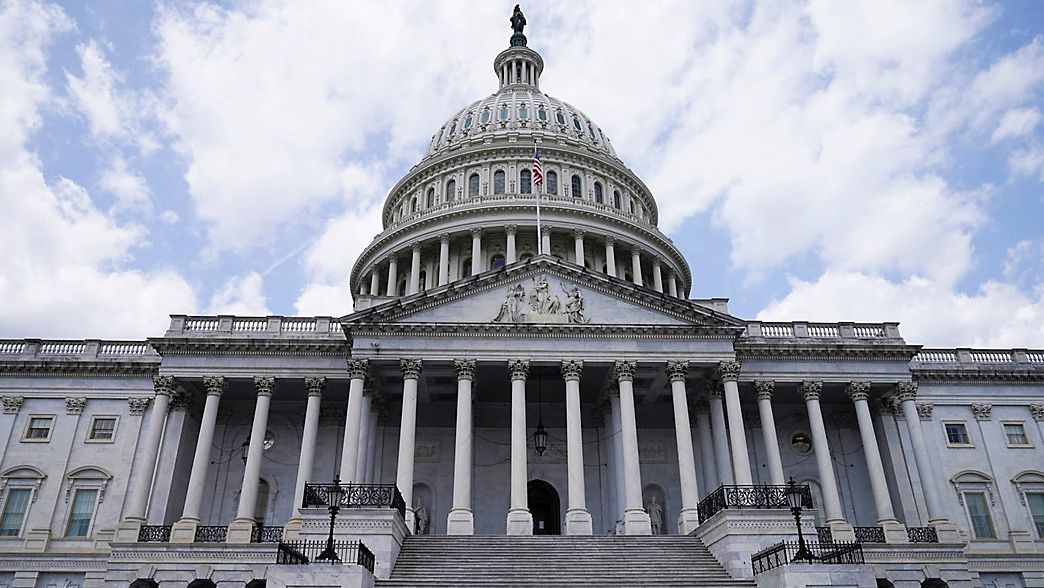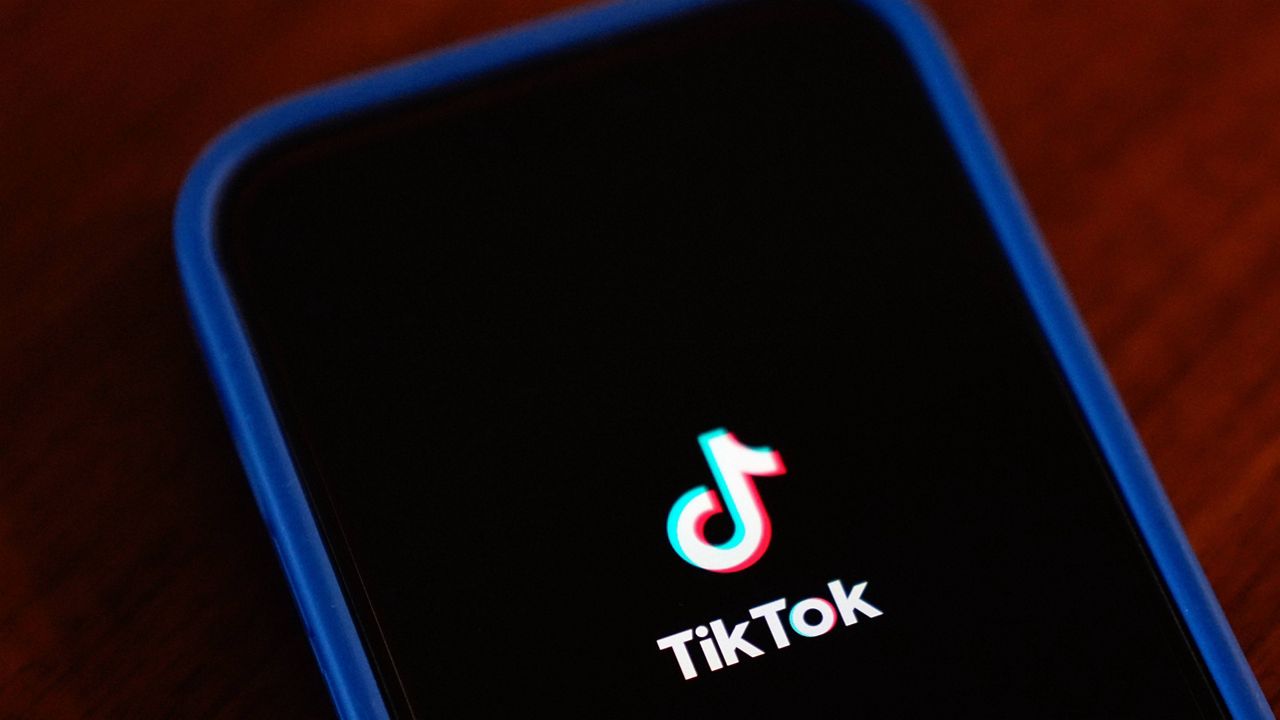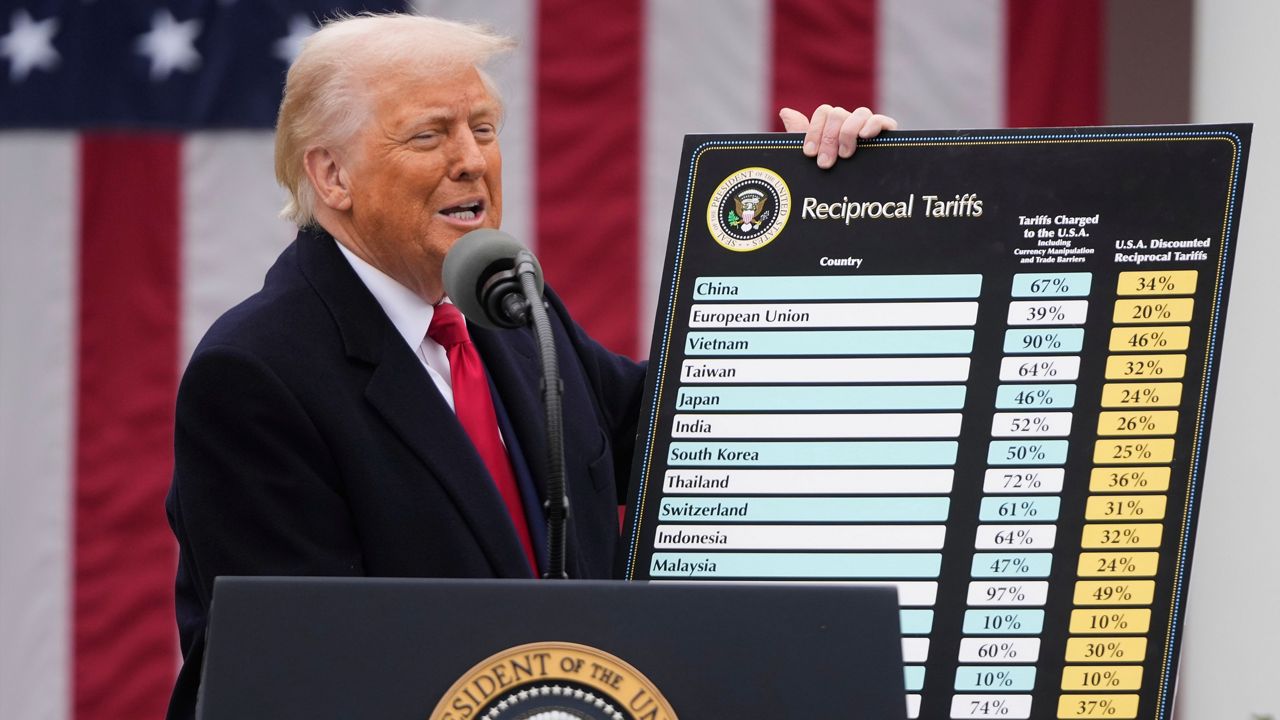WASHINGTON, D.C. — While scores of Americans face eviction and some have been forced to stand on long lines for food for the first time in their lives, Amazon's Jeff Bezos, Tesla's Elon Musk, Microsoft's Bill Gates and Mark Zuckerberg of Facebook are among the 651 American billionaires whose collective wealth has jumped by over $1 trillion since the beginning of the COVID-19 pandemic, according to a new report from Americans for Tax Fairness and the Institute for Policy Studies.
What You Need To Know
- Billionaires have grown their fortunes during the COVID-19 pandemic, shining a light on income inequality in the U.S.
- Experts are urging Congress to enact progressive tax reforms so the wealthy pay their fair share
- Some progressives have called for "taxing the rich" to address inequality
- Some conservatives argue raising taxes could damage the economy in the long-term
19 million people in the United States are currently dependent on some type of unemployment benefit.
"Billionaires have done well because they have lots of big assets and in this pandemic, many of their assets have increased in value. They can live off of their stock portfolios. They can borrow against their stock portfolios," said Frank Clemente, Executive Director of the Americans for Tax Fairness.
Clemente says Congress should enact progressive tax reforms to require the wealthy and corporations to pay, what he characterizes, as their fair share of taxes.
"We believe we can raise $10 trillion over the next ten years if we were to create what we call a fair share tax system. Many Americans are living paycheck to paycheck. 40% of the population doesn’t have 400 dollars in the bank," Clemente said. Other policy solutions he advocates for includes raising the federal minimum wage and strengthening the power of unions.
As Congress continues to debate whether to pass another pandemic relief bill, Clemente says if $1 trillion of the wealth of these billionaires were distributed across the country, everyone in America could get a $3,000 stimulus check. Conservatives argue this line of reasoning will do long term damage to the economy.
"What they fail to recognize is that will actually drive down long term growth because you will be disincentivizing [sic] business investment, disincentivizing research and development and on top of that confiscating income that’s been created from profitable enterprises. You get a short term gain by taking those resources, a political gain, and maybe some of us might even enjoy somebody else's wealth in our pocket, but longer term, that harms the economy," said Joel Griffith, a financial regulations expert at the conservative think-tank the Heritage Foundation.
Though Griffith acknowledges the country is in an environment with unique and unprecedented conditions, he suggests penalizing success is anti-American.
"It’s this desire to level society. Instead what we should be more focused on is how can we make a world in which we are all better equipped to pursue our dreams and our passions. There is often a focus on the gap between rich and poor rather than focusing on how the poor are doing in 2020 versus how the poor and the middle class were doing 40 years ago. The poor are much better off than they were several generations ago and that holds true for the middle class as well," said Griffith.
But Clemente says never before has America seen an accumulation of wealth in so few hands.
"They are retarding the growth of America by protecting the profits and the wealth of rich people and corporations," said Clemente.
Asked if the stark display of income equality makes the recent push for democratic socialism and anti-capitalist policies in the US more appealing, Clemente said, "It encourages people to want to put more controls on capitalism, not to do away with capitalism."










